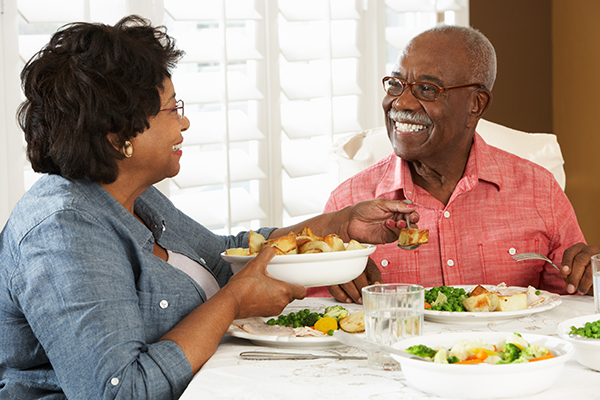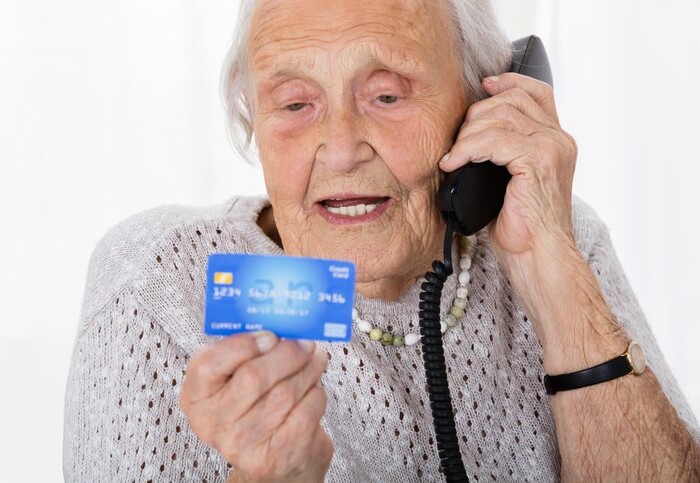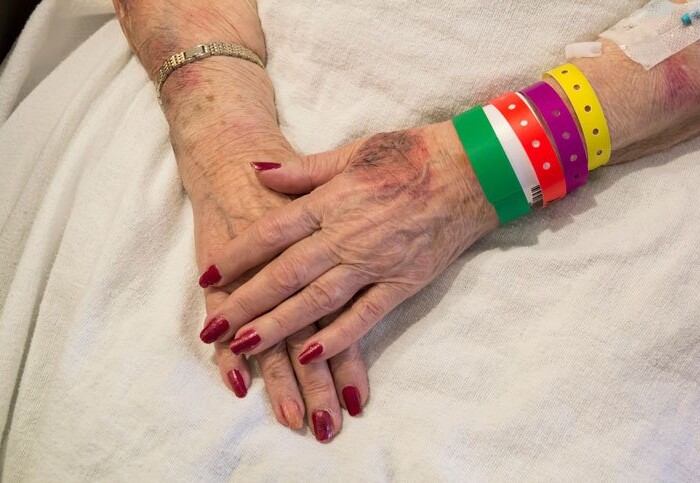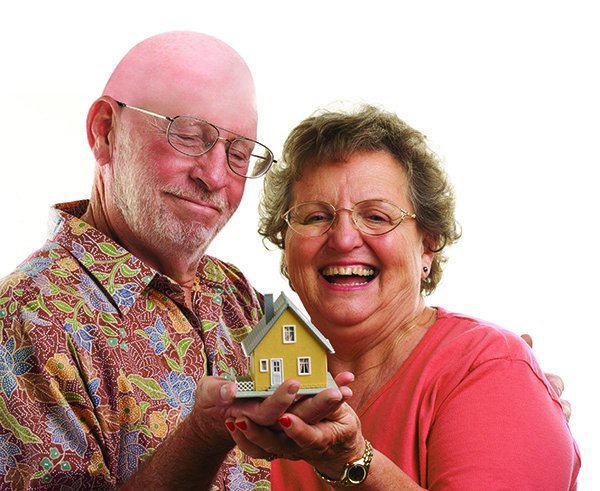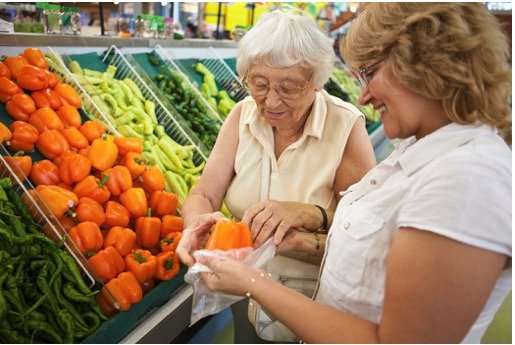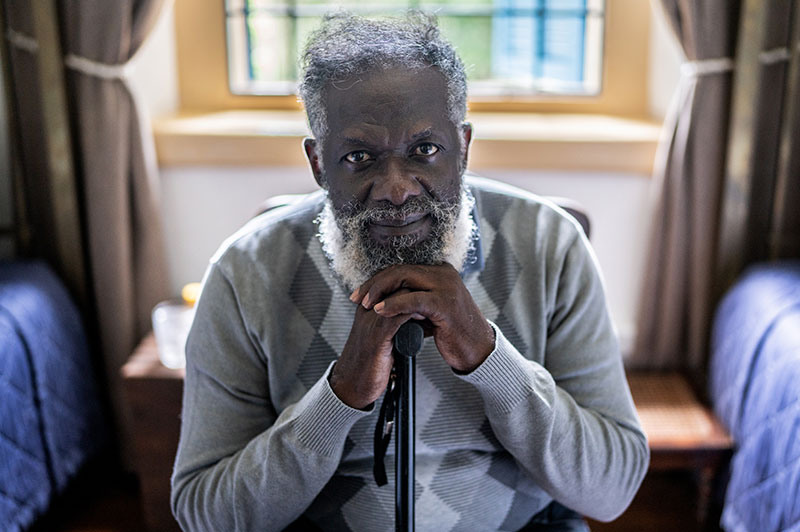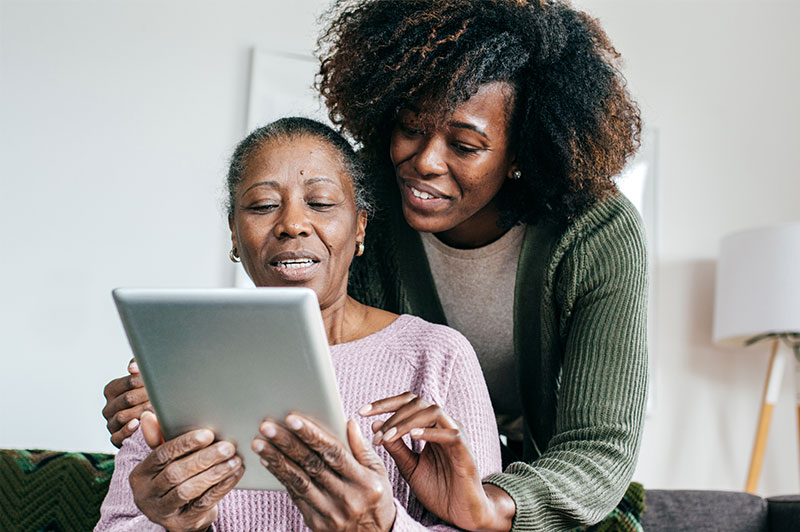How COVID-19 Affects the Need for Care Management Services
The providers of in-home support services in Santa Rosa offer tips on how to make use of care management services.
The COVID-19 pandemic has been especially concerning for seniors and their loved ones. Seniors are disproportionately affected by the virus, especially those with underlying conditions such as COPD and heart issues. In an attempt to maintain social distancing and minimize contact with potential contagions, many seniors have become increasingly isolated from their family members. In the absence of routine socialization and attentive care, loneliness and depression as well as memory issues linked to dementia and other diseases can creep in. In response to these difficult circumstances, many families are seeking the assistance of care management services.
Care managers help families ensure that their senior loved one is safe and cared for, even in unprecedented times such as these. … Read More »
New Guidelines and Recommendations for Diabetes Management
Important new diabetes management guidelines for seniors from the Endocrine Society.
The latest guidelines from the Endocrine Society concerning diabetes management and the elderly are unexpected, to say the least: lower blood sugar isn’t always best. And for individuals who’ve been maintaining a routine of finger pricks, insulin injections, and keeping careful track of food intake, this alteration may be a bit hard to swallow.
Known as de-intensification, geriatricians are now often taking the strategy with older adults that the benefits to be attained by aiming for rigid blood sugar control are not outweighing the health risks inherent with aging and illness. When A1c and blood sugar levels are held at low levels in the elderly, for instance, it may possibly result in an increased frequency of hypoglycemia and also kidney failure.
With up to one in … Read More »
Protect Your Loved Ones from These Senior Scams
Senior scams costs older Americans upwards of $2.6 billion per year, and can come in a
Senior scams are all too common. Find tips to protect your loved ones here.
wide range of guises. And scammers are often so crafty and good at what they do, any of us could find ourselves victims. For many older adults who may feel lonely or isolated, the joy in talking with someone on the phone may make them more vulnerable to these scams.
One particular red flag to keep in mind is that if the caller asks for money or confidential financial information, beware! The caller may even say that he or she is from a reputable organization, such as the Social Security Administration or the local police department. Keep in mind that these organizations will NEVER call to request funds over the phone.
Some … Read More »
3 Types of Abuse You Need to Know to Keep Seniors Safe
Ensure senior safety by learning about these 3 types of elder abuse.
Even though abusing an older adult is something that would never cross the mind of most people, it’s a tragically frequent situation in the U.S. Elder abuse can arise in many variations, from physical to emotional, and it impacts the most frail and vulnerable among us.
Given that elder abuse is in many cases a voiceless problem, it’s imperative for families and friends of seniors to be familiar with the symptoms and signs of elder abuse to protect older loved ones. Our home care team have gathered together several of the warning signs that may suggest elder abuse.
Physical Abuse:
Evidence of injury such as bruises, scars, or welts, especially if they are noted symmetrically on both sides of the body
Sprains or broken bones
Drug overdoses or regularly missed medications
Cracked or … Read More »
After Stroke Care Tips: 4 Ways to Make Staying at Home More Accessible
Help ensure a safe, comfortable home environment for a stroke survivor.
May is designated as Stroke Awareness Month. Were you aware that stroke is one of the leading causes of disability in adults worldwide? When someone you love suffers a stroke, many aspects of life are impacted. Although we can never really be fully prepared for a stroke and the difficulties that arise with after stroke care, it is possible to ensure a safe, comfortable home environment for the stroke survivor to recover. Below are several stroke care tips to make the home more accessible for someone who has experienced a stroke, as shared by the National Stroke Association:
Prevent Falls by Removing Clutter: Be sure pathways to rooms are clear of any clutter and that electrical cords are all safely moved out of the way. Remove loose rugs and … Read More »
Do My Parents Need In Home Care Services? Let Their Daily Activities Decide.
It’s often human nature to deny that we need assistance, although the truth is that often we really do. This is especially true for older adults, who may not wish to confess they need help doing the everyday things that used to be a snap but now are getting to be more complicated. For loved ones, this can make recognizing that an older adult requires help more difficult to identify. The encouraging news is that there are tools that can help family members better determine when a senior needs help.




